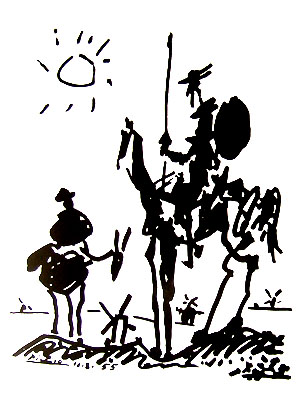Polynesia is Probably an Illusion
A great deal, if not most of body psychotherapy is geared toward overcoming the effects of repression. Sigmund Freud was said to have resigned himself to the necessity of some repression as price to pay for for civilization. Wilhelm Reich and Alexander Lowen seemed less resigned. Reich (and many after him) idealized the life of the Trobriand Islanders as described by Malinowski. The basis of this interest is in 'polynesian' sexual mores that seem to allow for healthy sexuality.
Some would assert however, that to live like the Trobriand Islanders, modern man would need to revert to a subsistence, non-technological level. That is, it would be far more worse than it would be better. 'Hippie' experiments with communes seem to bear that out. Apart from these naive back to the land efforts, the hippie movement seemed to understand the basic futility of pleasurelessness and devoting oneself to ego ideals. However, by and large, hippies identified the adult role with pleasurelessness, and so tended to avoid it. That is, there was often an adult insistence on autonomy but a child's type of responsibility. With this arrangement, someone always has to follow behind and both clean up and offer disguised material support.. This has always happened in many families which have spoiled children but is not sustainable on a movement basis. There is now a small generation of children of hippies that grew up under-guided and under-protected and are understandably wary of this format.
Though there are now many durable understandings about pleasure in living that stem from this era, the possibility of a society that was materially secure, socially stable, and yet allowed for personal freedom and ample pleasure has never been adequately demonstrated. It seems that the early Reich, like many of his era, hoped Marxism would provide such a society. Alexander Lowen, like Abraham Maslow, concentrated more on the possibility of living within a culture without deriving one's values from it, but also without deriving one's sense of self purely through rebellion.
